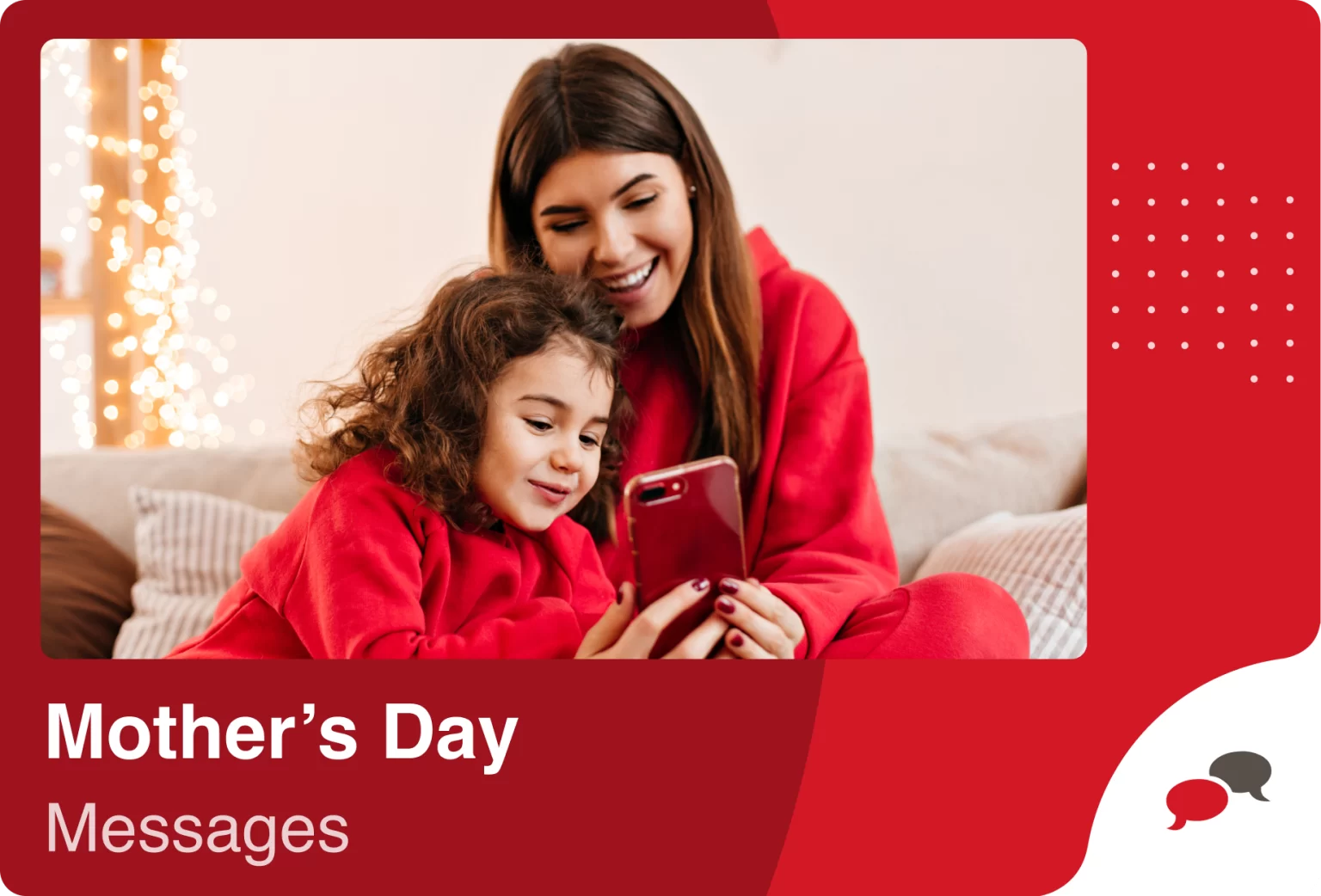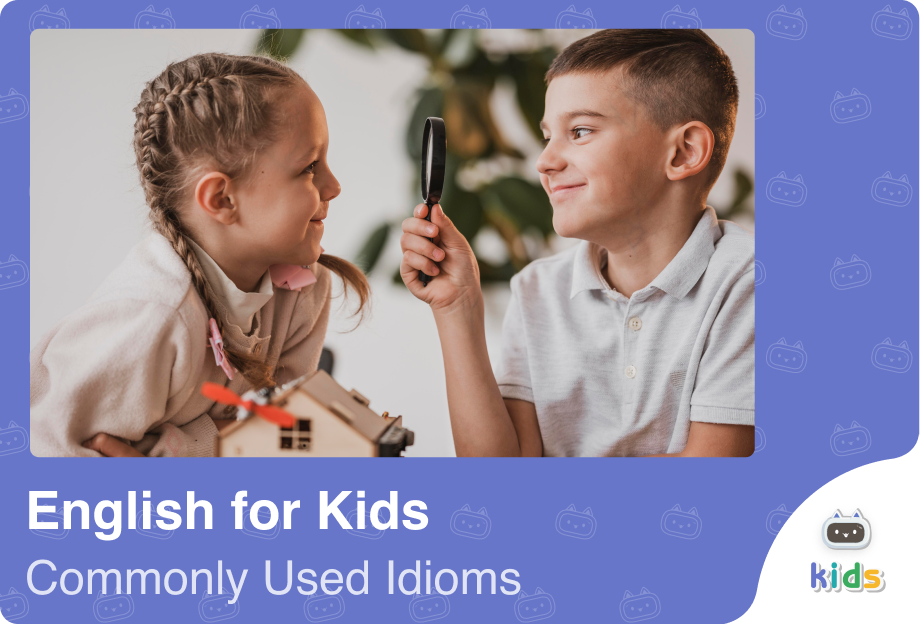The uniqueness and color of Canada’s slang mirror its diverse culture and friendly vibe, as it blends English, French, and local quirks into a linguistic mosaic. From coast to coast, Canadians have crafted a vibrant collection of terms and phrases that capture their sense of humor, resilience, and affection for everything. These terms, ranging from the classic ‘eh?’ to regional favorites like ‘toque’ and ‘double-double,’ give a playful glimpse into everyday Canadian life. The distinct flavor of these expressions can be found in everyday conversations, whether they’re heard in a bustling Toronto café or while scrolling through Canadian content on social media platforms. In this blog post, we’ll explore some of the most iconic and quirky Canadian slang terms. Whether you’re a newcomer to Canada or just curious about what makes Canadian lingo, prepare yourself to learn the lingo of the Great White North!
Learn English with EnglishCentral
Building your vocabulary is key to mastering a language, and learning new and generational words along with common words can make a big difference in how fluently and expressively you speak. EnglishCentral gives you the perfect tools and environment to expand your vocabulary, practice new words, and use them with confidence.
With 25-minute one-on-one lessons for all ages and levels, EnglishCentral offers personalized and effective learning. These online live sessions are led by expert English teachers who guide you step by step, helping you improve at your own pace. You can also join 40-minute group lessons, where you’ll take part in fun, interactive conversations with your teacher and classmates.
However, EnglishCentral is more than just lessons! You’ll have access to thousands of interactive videos tailored to different interests. With our Watch, Learn, Speak, and Discuss steps, you can reinforce vocabulary and plan private lessons based on your needs. Quizzes, word exercises, and our AI-powered teacher MiMi make practicing English even easier. MiMi is always available to help you navigate different scenarios, from business meetings to ordering food, so you’re prepared for real-life conversations.
After each lesson, MiMi provides personalized reports, tracking your progress and highlighting areas for improvement. This instant feedback helps you stay focused on your goals and gain the confidence to use English in everyday life.
Canadian Slang Terms You Should Learn
| Slang Word | Meaning |
|---|---|
| "Eh?" | An interjection used to seek agreement or confirm a statement, like “right?” |
| Double-Double | A Tim Hortons coffee with two creams and two sugars. |
| Toque (or tuque) | Woollen, usually pointed cap worn in the winter |
| Canuck | Nickname for a Canadian |
| Hoser | A playful term for a foolish or unsophisticated person, often used jokingly. |
| Snowbird | A Canadian who frequently visits Florida or Arizona during the winter months. |
| Chirp | To trash-talk or tease, especially in sports like hockey. |
| Chesterfield | An old-fashioned term for a couch or sofa. |
| Keener | A person who is overly enthusiastic or eager, sometimes to an extreme degree. |
| Loonie | A Canadian one-dollar coin featuring a loon bird. |
| Toonie | A Canadian two-dollar coin with a polar bear on it. |
| Clicks | A quicker way to say ‘kilometers’ |
| Give’r | To go all out or put in maximum effort. |
| Gong Show | A situation or event that becomes a disaster or becomes too chaotic. |
| Kerfuffle | A commotion or fuss |
| Mountie | Member of the Royal Canadian Mounted Police |
| Hang a Larry / Hang a Roger | Slang for turning left (Larry) or right (Roger) while driving. |
| Two-four | A case of twenty four beers. |
| The 6ix | Nickname for Toronto, referencing its 416 and 647 area codes. |
| Dart | Slang for a cigarette |
| Bunnyhug | A hooded sweatshirt |
| Pogey | Used to describe unemployment insurance or social assistance. |
| Mickey | 375 ml. (flask-sized) bottle of liquor |
| Pop | The common name for soda, a soft drink, or any flavored carbonated beverage. |
| Gotch (or Gitch or Gonch) | Underwear, specifically the tight cotton briefs for men, which are also known as tighty-whities. |
| Hydro | Refers to electricity |
| Serviette | Paper napkin |
| Molson Muscle | A beer belly, humorously named after the Canadian beer brand Molson. |
| Beauty | A term of praise for someone or something excellent or admirable. |
| Habs | Short for les habitants (the residents, in French) |
Would you like to hear how Canadians actually use these words? Take a look at these examples!
-All those two-fours gave him a Molson muscle.
-You scored the winning goal? Beauty!
–Hang a Larry at the lights, then it’s the second house.
-My grandparents are snowbirds, they’re in Miami till April.
-Put on your bunnyhug, as it’s chilly outside!
-Let’s give’r on the ice this period!
-Stop being a hoser and help with the tent!
-Can you grab me a double-double from Timmies?
-Let’s sit on the chesterfield and watch the game.
-After midnight, the party became a total gong show.
-He’s been on pogey since the factory closed.
-He was chirping the other team all game.
-That costs two loonies and a toonie.
-There was a Kerfuffle between two people about who received the final donut.
-The lake’s freezing, eh?
Frequently Asked Questions About Canadian Slang Terms
What is Canadian slang?
Canadian slang is a collection of informal words and phrases that are specific to Canada, and it reflects the country’s culture, history, and regional diversity, which is commonly used in casual conversations.
Is Canadian slang different from American slang?
Yes. Canadians and Americans use much of the same language, but their slang has unique terms (including ‘toque’ and ‘double-double’) and vocabulary that is influenced by British culture (such as ‘cheque’ instead of ‘check’).
Why do Canadians say “eh”?
In Canadian speech patterns, “eh” is a versatile interjection that is used to seek agreement, confirm comprehension, or emphasize a point.
Is Canadian slang the same across the country?
Slang in Canada isn’t the same across the country. It reflects local cultures and varies from region to region. Unique expressions can be found in different provinces and cities. For example, in Newfoundland, people might say “Yes b’y” to show agreement. In Saskatchewan, a hoodie is known as a ‘bunnyhug’. French phrases are commonly used by English speakers during their conversations in Quebec. In British Columbia,’skookum’ is a term used to describe strength or greatness, while in Ontario, ‘two-four’ is commonly used to refer to a case of 24 beers.
Would you like to put what you have learned into practice? You can access everything you need to learn English on a single platform! With 25-minute one-on-one live English lessons, 40-minute group lessons, more than 30,000 interactive videos, vocabulary learning tools, AI-supported tutor MiMi, quizzes, and interactive activities, EnglishCentral offers its users a personalized and quality education plan at an affordable price. How about registering for EnglishCentral now and starting to learn English?











